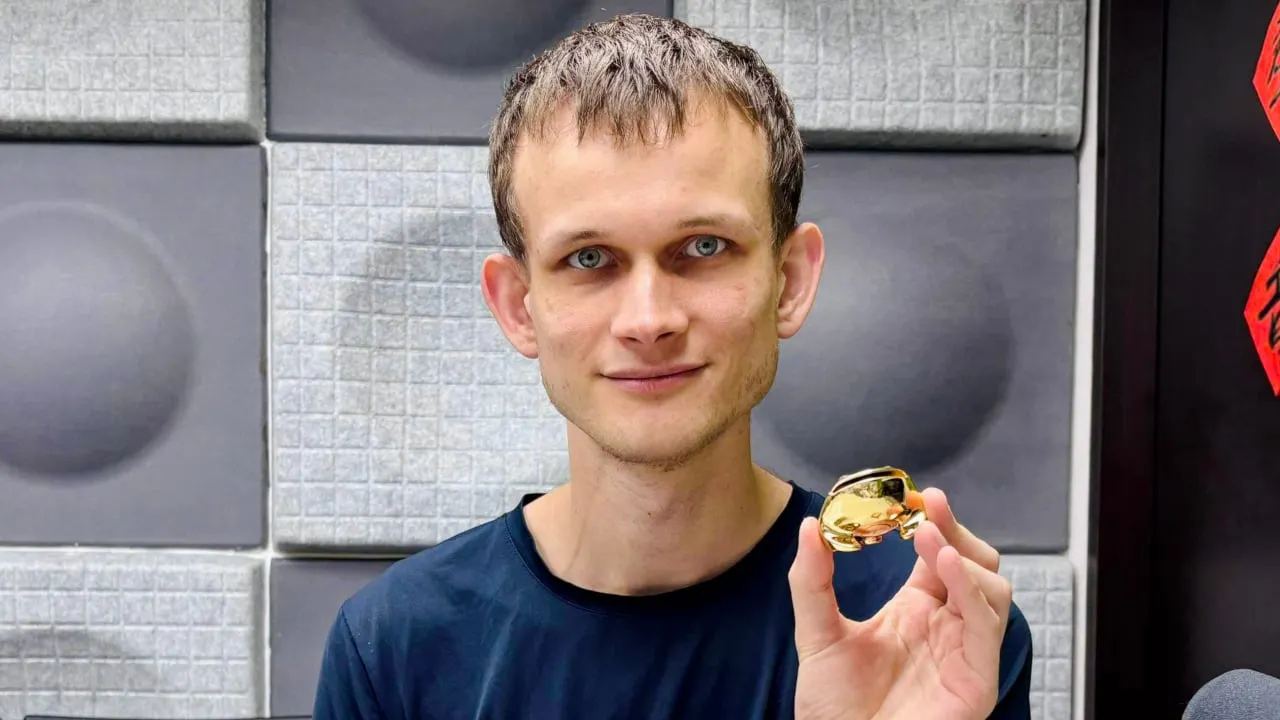If Ethereum co-founder Vitalik Buterin ever aspired to be the face of the cryptocurrency space, he doesn't want be that anymore.
Buterin published a blog post Wednesday in which he meditated on the "end of his childhood" as a young pioneer in crypto, marking a transition in the industry. Buterin also mapped out his vision for the future growth of Ethereum and decentralization.
Buterin founded Ethereum in 2013 at the age of 19, quickly becoming a leading voice in the booming crypto industry. Now approaching 30, he writes, "if that was ever my role, it is no longer." Buterin sees new, even younger innovators taking leading roles across crypto and related technologies like synthetic biology.
"I am now in some different kind of role, and it is time for the next generation to take up the mantle that used to be mine," Buterin reflected.
"One of my most striking memories from my last two years was speaking at hackathons, visiting hacker houses, and doing Zuzalu in Montenegro, and seeing people a full decade younger than myself taking on leading roles, as organizers or as developers, in all kinds of projects," he wrote.
Zuzalu is a gathering of about 200 high-ranking names in crypto, pharmaceuticals, politics, and academia who spent two months abandoning their respective lives and identities to become the first citizens of a new civilization—one founded among the resort hotels and Airbnbs of Lustica Bay, Montenegro, and tasked with envisioning what they consider to be a new future for humanity. It's a "pop-up city community” conceived by Buterin.
He also shared that the majority of his decisions concerning Ethereum were made as a response to other people's pressures and requests.
"When I met Vladimir Putin in 2017, I did not try to arrange the meeting; rather, someone else suggested it, and I pretty much said 'ok sure'," he writes. "Now, five years later, I finally realized that (i) I had been complicit in legitimizing a genocidal dictator, and (ii) within the crypto space too, I no longer had the luxury of sitting back and letting mystical 'other people' run the show."
The Ethereum founder argued the crypto community should "create an entire decentralized tech stack" to "compete with centralized tech companies at every level," spanning finance, identity, communications and more. He provided a chart outlining this vision for a parallel structure, from stablecoins to replace banks to encrypted messaging replacing big tech messaging platforms.
Buterin also focused heavily on the human element enabling decentralization, analyzing the differing motivations between token speculators, builders, intellectuals and end users. "There is an opportunity to improve understanding between the four groups," Buterin wrote, noting financial incentives are not everything.
By visiting crypto communities worldwide from Argentina to Taiwan, Buterin highlighted the diversity of needs and ideals driving adoption—from inflation troubles to academic curiosity. "If places like Silicon Valley are frontiers, filled with abstract far-mode thinking about a better future, places like Argentina are frontlines, filled with an active drive to meet challenges that need to be handled today," he wrote.
As the "characters" of crypto's early years exit, Buterin concluded decentralization itself persists by creating new communities: "Continuing to stay active and doing what we can to create the new is a task for each one of us.”
Editor’s note: This article was written with the assistance of AI. Edited and fact-checked by Stacy Elliott.

